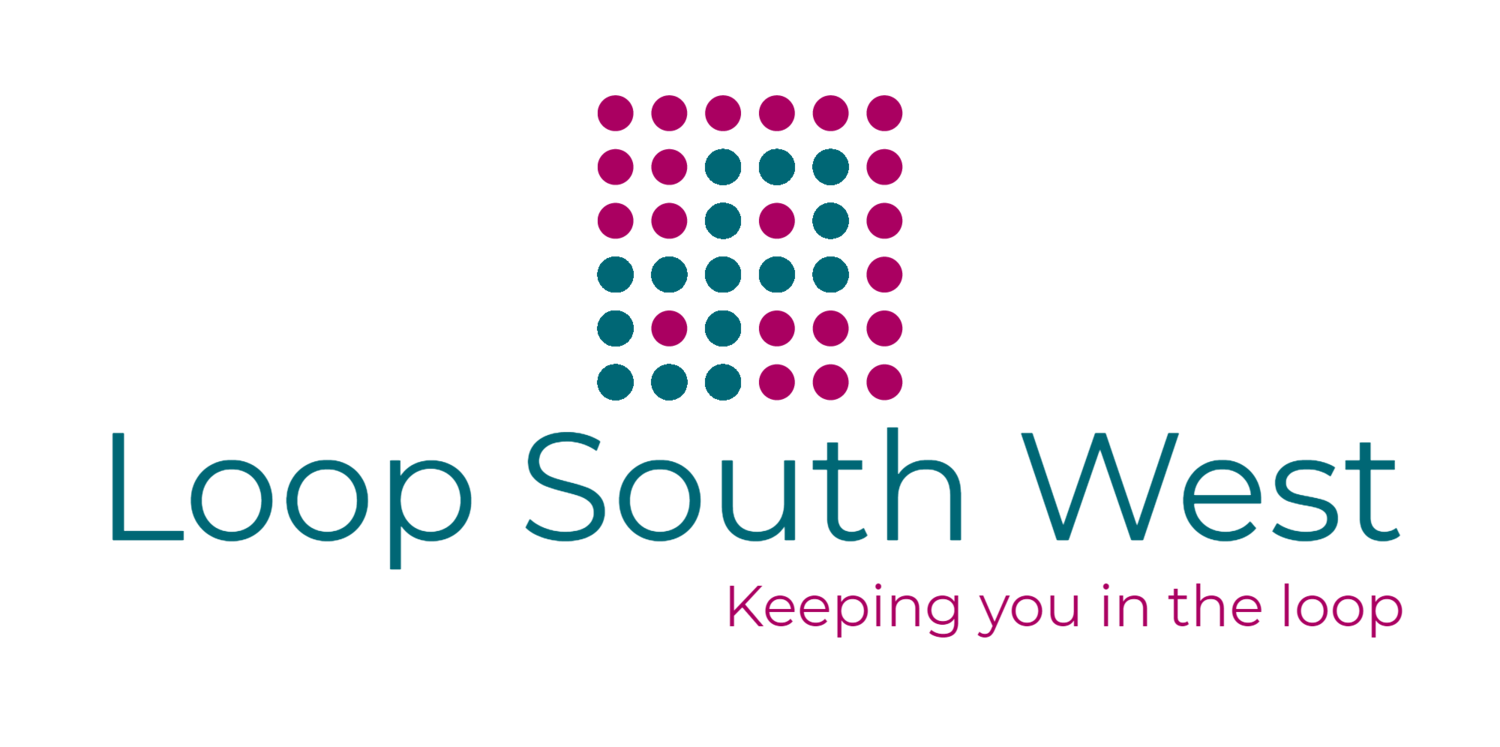Contractors are moving away from the winning-a-job-at-all-costs and to hell with anyone else mentality to a more ‘everybody wins’ way of conducting business, according to design and construction specialist Dan Grimshaw.
Dan says, post pandemic, he is seeing a departure from the dynamics of traditional competitive tendering to a rise in open book contracts where contractors, design partners and clients all work together to identify project risks, deliver certainty and importantly control costs.
“Until now it felt like the industry took its lead from the world of finance where success is tied up with winning by bidding the lowest price. True, if you get the project in at a certain number and get the deal done, that is success but it’s very biased.
“People think they are going to get the best deal if they go to tender and then pick the lowest based on price. But that reasoning is flawed.
“There is no way you’ll be able to deliver a good deal that way which is one-sided and most likely delivered either by hammering other people up the chain or ripping them off. This is just not an ethical, good way of doing things.”
Dan, founder of Beam Development, whose work focusses on residential homes for clients in London with project values up to £3 million, says he now takes inspiration from the way entrepreneurs work.
“Running a business where you just bludgeon everyone into the ground is really not that sustainable. It might make some money in the short term, but it doesn’t build relationships.
“The entrepreneur, on the other hand, understands that the success of a project relies on it working for everybody. Success where everybody wins is true success: everybody should come away happy with their deal.
“A good contract is not one person winning and getting a good price; everybody must be happy for it to be a good deal, especially if you are going to be doing another one.”
Dan says he no longer puts his firm forward for competitive tenders chosen on price alone.
“Some clients are nervous about entering into an open book contract because they think it is open-ended and it will finish when it finishes and cost what it costs,” he added.
“However, you only pay for what you’ve done and for what it costs; and if the actual cost of the project is lower than the target cost, any savings can be shared between the parties to the contract on a pre-agreed basis.
“In our own case, we provide the same detailed costings and same plans for open book contracts as we do for fixed price contracts. We don’t sign the contract on it but use it as a base. You still know what is going to happen.”
Dan says in a recent project, his firm did less structural work than anticipated and saved the client £8000. On a fixed price contract, he would have been allowed to value the work at £15,000 but as the actual work required came in at just £7,000 this is what the client was charged.
An open book or cost-plus contract contracting is an agreement between an owner and contractor that lays out a work or service plan with complete transparency on costs, prices, budgets, and materials. Construction estimates are based on the actual cost of work.





